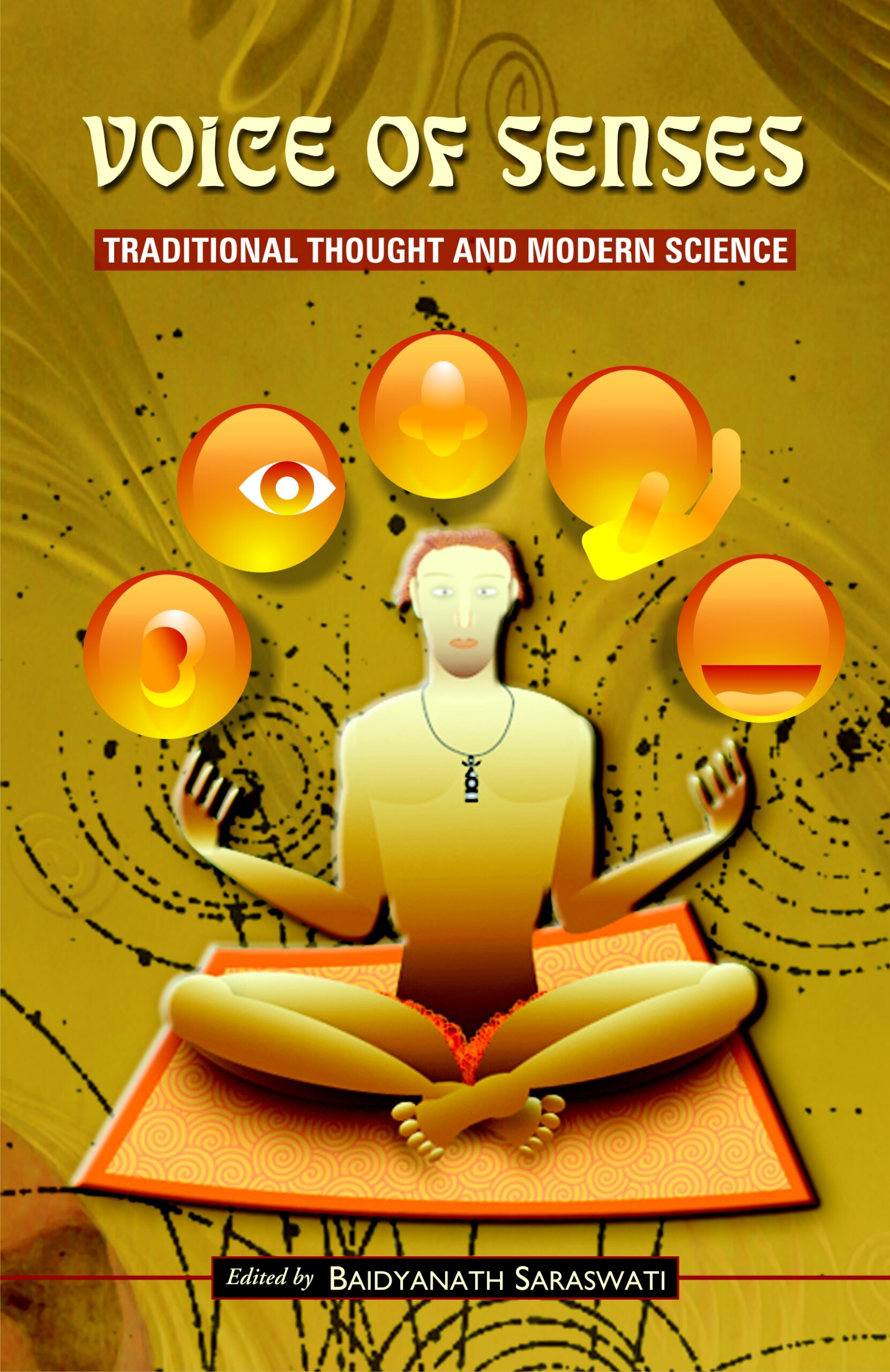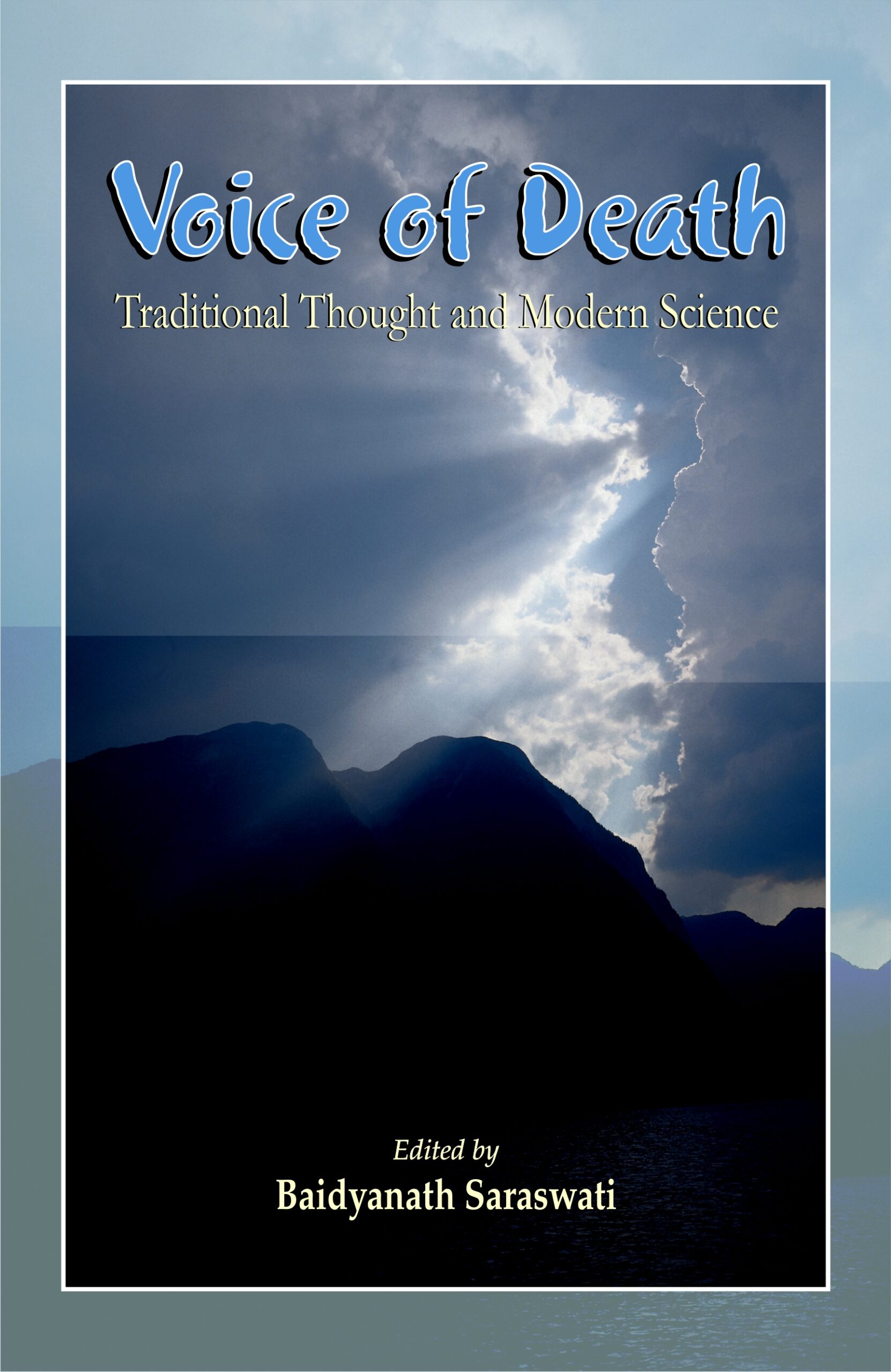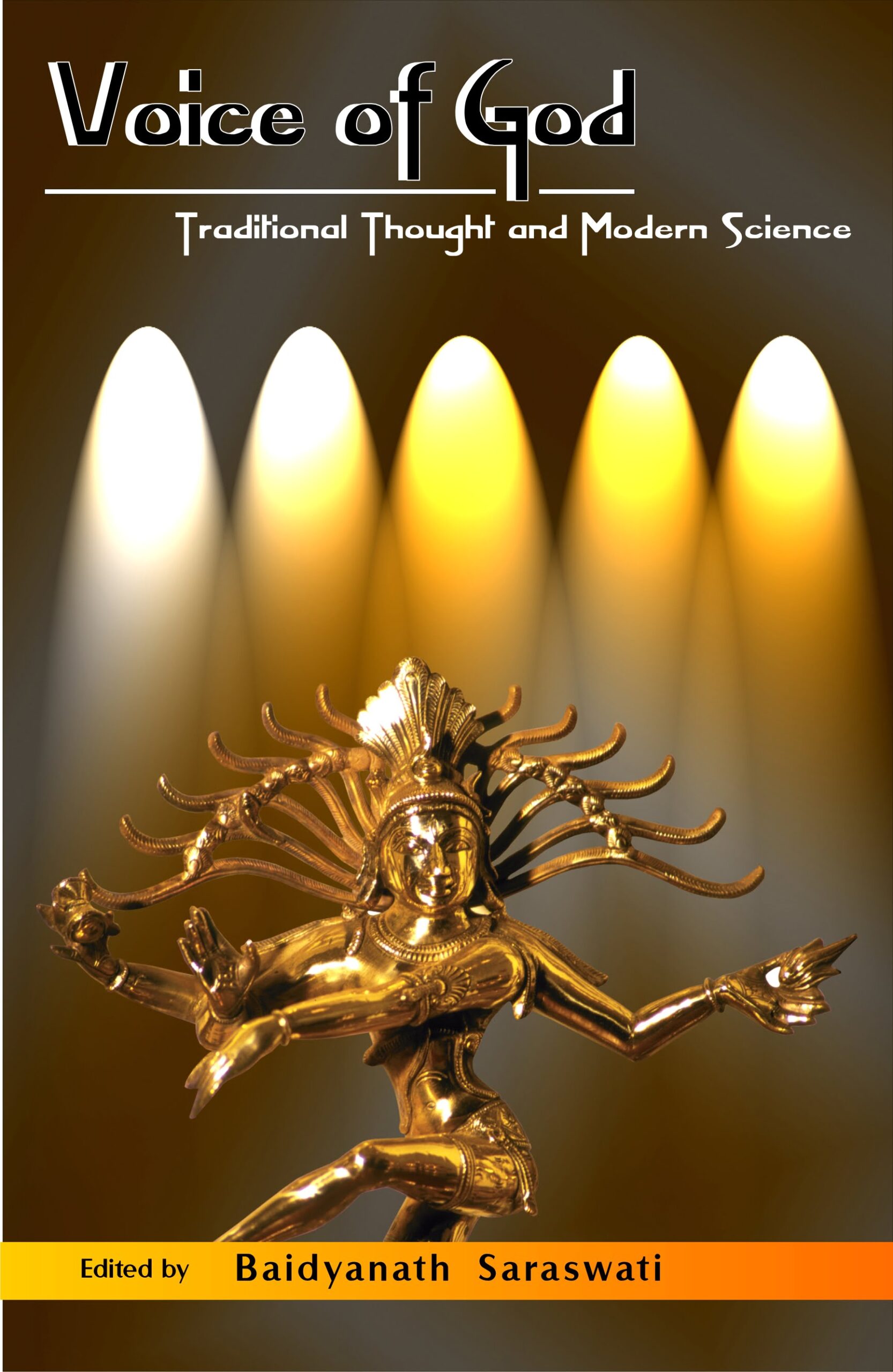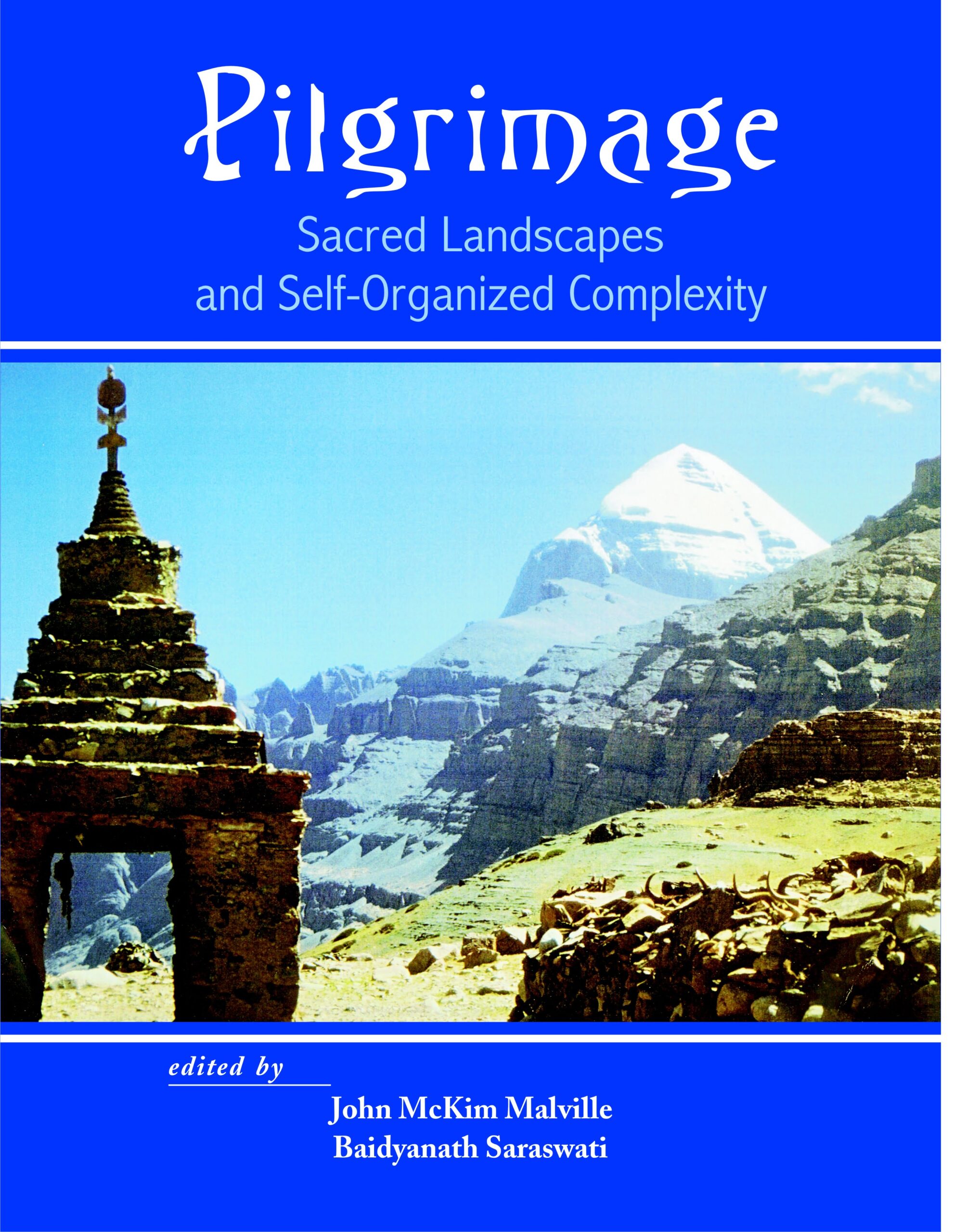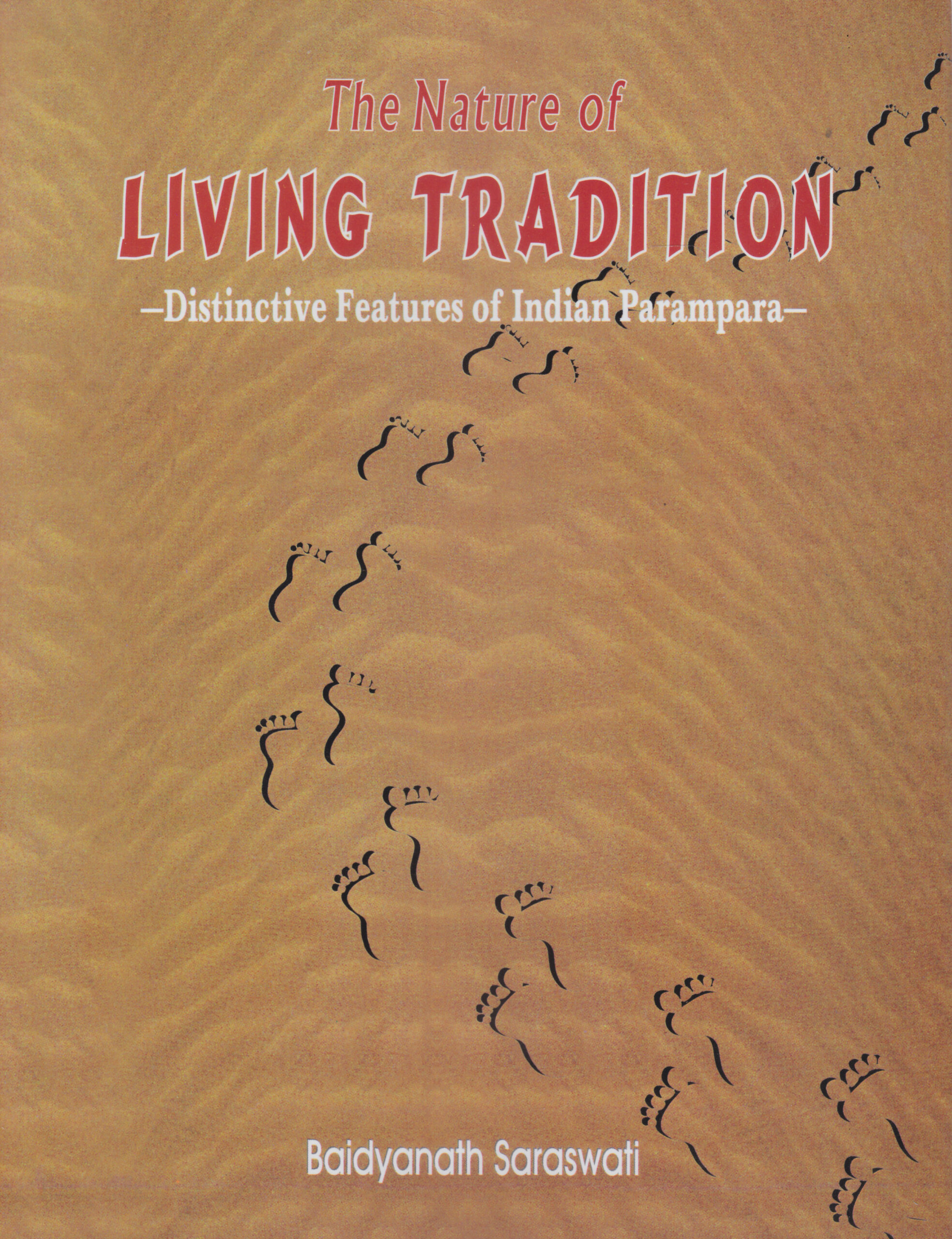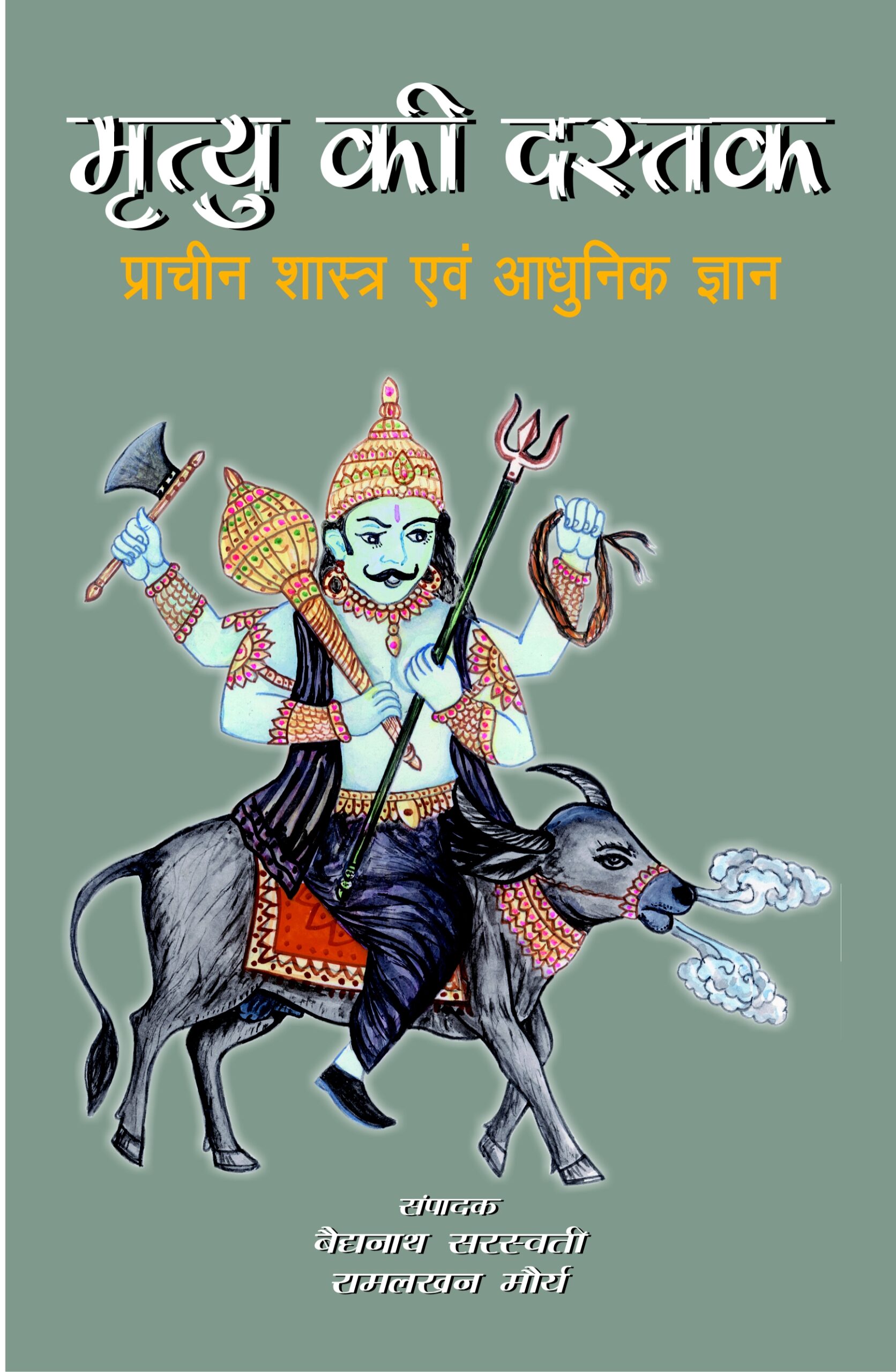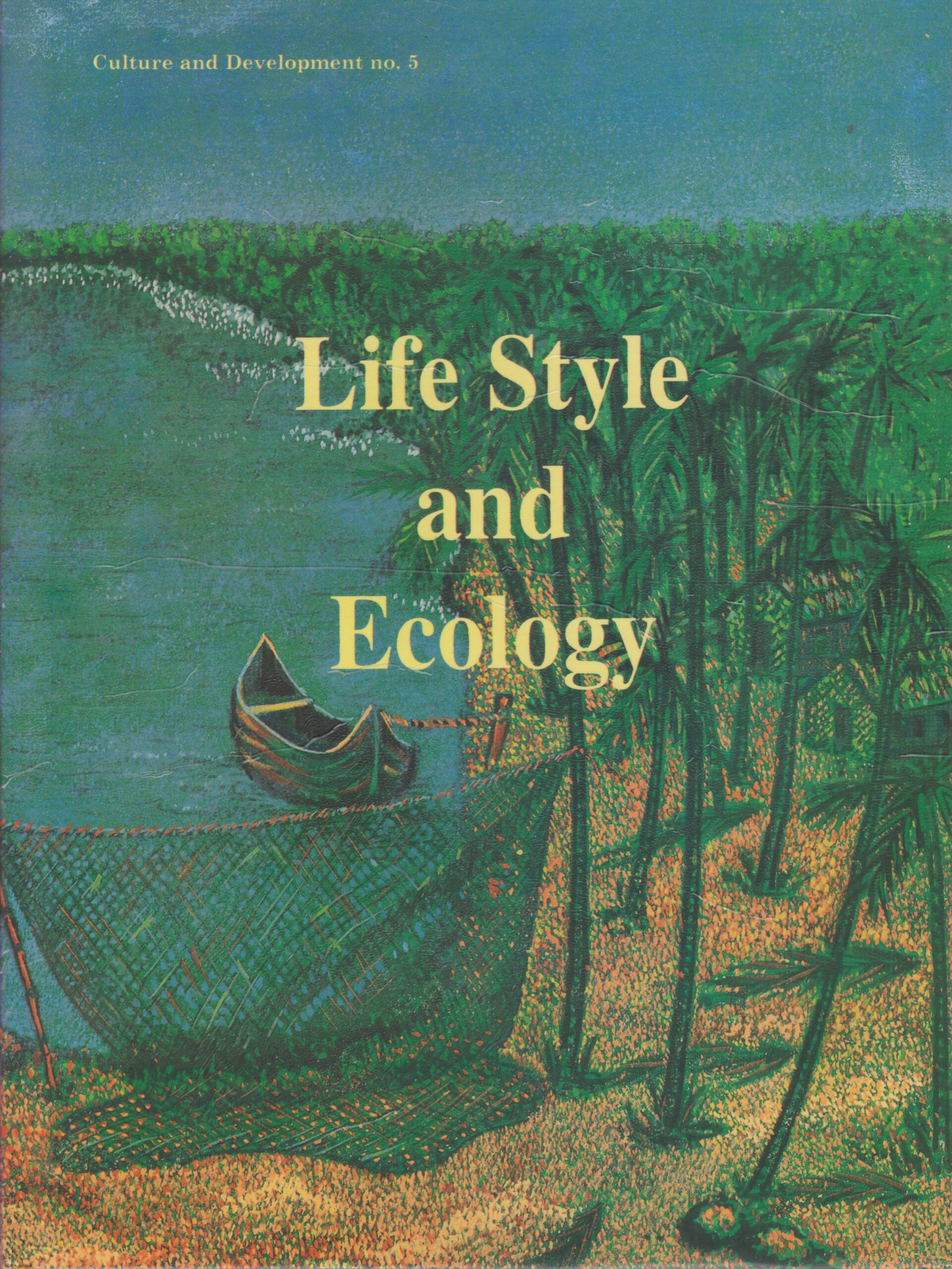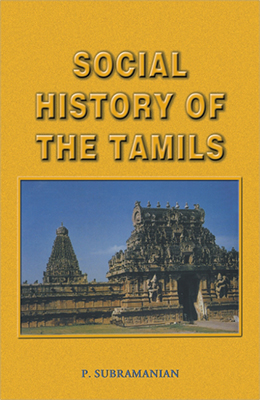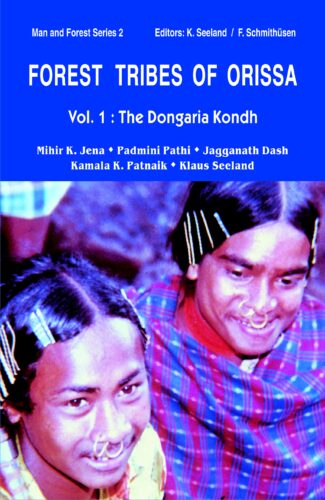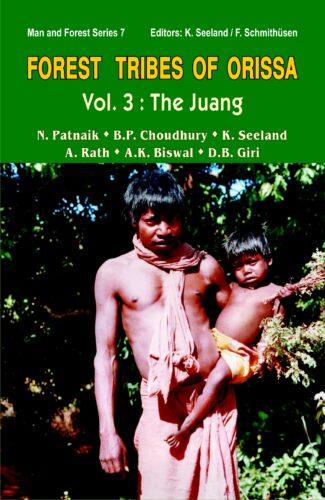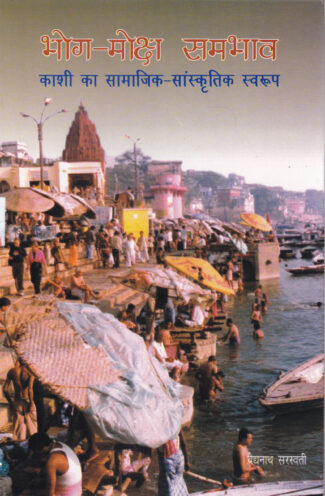

Bhog-Moksha Sambhava...
Bhog-Moksha Sambhava
Kashi Ka Samajika-Samskritika Svarupa by: Baidyanath SaraswatiThis book contains 57 essays on the history of Kashi. They highlight the important religions, sects, factions of Kashi and their involvement in cultural traditions social and economic.
₹850.00 Original price was: ₹850.00.₹765.00Current price is: ₹765.00.
ISBN: 9788124601518
Year Of Publication: 2000
Edition: 1st
Pages : xiii, 362
Language : Hindi
Binding : Hardcover
Publisher: D.K. Printworld Pvt. Ltd.
Size: 23 cm.
Weight: 700
This book contains 57 essays on the history of Kashi. They highlight the important religions, sects, factions of Kashi and their involvement in cultural traditions social and economic.
- Sale!Social History of the Tamils (1707-1947) by: P. Subramanian
₹1,600.00Original price was: ₹1,600.00.₹1,440.00Current price is: ₹1,440.00.Notwithstanding the prolificity of indepth researches in contemporary historiography, Professor Subramanian’s book is the first concentrative effort to track down the social history of the Tamils. Today, the Tamils, over fifty million of them, live in the south-eastern state of the Indian peninsula: Tamil Nadu — which indisputably represents the very nucleus of millennia-old Dravidian culture in India. The book offers a compelling account of the Tamils’ society, economy, religious beliefs, educational mechanisms, arts, and cultural expressions during the years 1707-1947 — when, significantly, the British domination blossomed, bloomed, and faded; when new thoughts, new ideas, and new ways of life came as irresistibly into the homeland of the Tamils as into the Indian subcontinent. Thus retracing over two centuries of the ‘British connextion with India’, the author here tries to show how the long colonial rule in India exposed the tradition-bound Tamilian society to Western influences — with results that proved incalculable in both their range and depth. Social History of the Tamils : 1707-1947 is the outcome of Professor Subramanian’s decade-long, painstaking research, authenticated by an astonishing mass of evidence including archival records, Jesuit sources, Modi (Maratha) manuscripts, newspapers’ reports, biographies, travelogues, literary writings, and even fictional works.
- Sale!Forest Tribe of Orissa: Vol. 2: The Kuttia Kondh by: Mihir K. Jena, Padmini Pathi, Kamala Kumari Patnaik, Klaus Seeland,
₹1,100.00Original price was: ₹1,100.00.₹990.00Current price is: ₹990.00.In the management of renewable resources, forests have undeniably a vital role, and today, as never before, their conservation is an urgency. In view of this dire necessity the series Man and Forest tries to highlight the relevance of indigenous knowledge of various South Asian tribal communities in the sustainable management of forests/local resources more specially against the growing challenges of economic development vis-a-vis environmental hazards and a rapidly declining resource base. A scientific inquiry into indigenous knowledge is an effort to discover/rediscover the tribals traditional modes of production and conservation. For them it is the only source to cope with the problems of modernity affecting their lives and precarious environments. Forest Tribes of Orissa: The Kuttia Kondh is the sixth monograph in the series Man and Forest and, after the publication of an account of the forest world of the Dongaria Kondh in 2002, the second volume to deal with an aboriginal tribe of Orissa. Being a tribal community in transition, the authors have tried to document and thus safeguard its local traditional knowledge of conservation, use and management of forests and natural resources. They give an account of how the Kuttia Kondh classify trees and other plants, hills, forests, crops and animals. Their subsistence economy, agricultural system, social organization, religious beliefs and other important socio-cultural aspects of forest life have been extensively treated. The lifestyle of this tribal community is finally reflected on the background of forest policy and the impact it has on their livelihood. The present book is, as most of the volumes in the series, the outcome of nearly ten years research venture involving an interdisciplinary, intercultural team of sociologists, ethnobotanists, social anthropologists and other social scientists.
- Sale!Ao Naga World-view by: Sujata Miri, Karilemla,
₹625.00Original price was: ₹625.00.₹563.00Current price is: ₹563.00.The book, as the title says, consists of a series of dialogues about the Ao Naga world-view, their traditions, rituals and ethical norms, and their ideas of history and objects of veneration. The dialogue took place in specially organized meetings and participants were drawn from elders of the Ao Naga tribe, Ao Naga intellectuals and scholars, a student and a visitor from outside.
The conversations that took place in these meetings were recorded and what appears in the book is a very lightly edited version of the recorded conversations. The philosophically interesting aspects of these conversations are the views expressed by various participants on the human condition, the ethical grounding of human life, the dividing line between life and death, and about their institutions for educating the young and dispensing justice.
The book aims to achieve a twofold objective: (1) to secure an authentic articulation of the traditional Ao world through a dialogue between different Ao voices (an aim pursued very differently from the anthropologists participant observation), and (2) clearing the ground for the reflection of philosophical insights thrown up in the process of this articulation. The insights will be obvious to the sympathetic and discerning reader; the reflection is left to those who will read the book with serious philosophical interest.
Sujata Miris paintings are an insightful addition to the dialogic explorations of the book. - Sale!Forest Tribes of Orissa Vol. 1: Dongaria Kondh Forest by: Mihir K. Jena, Padmini Pathi, Jagannath Dash, Kamala K. Patnaik, Klaus Seeland,
₹1,650.00Original price was: ₹1,650.00.₹1,485.00Current price is: ₹1,485.00.In the management of renewable resources, forests have undeniably a vital role and today, as never before, their conservation is an urgency. In view of this dire necessity, the series Man and Forest tries to highlight the relevance of indigenous knowledge of various South Asian tribal communities in the sustainable management of forests/local resources more specially against the growing challenges of economic development vis-a-vis environmental hazards and a rapidly declining resource base. A scientific inquiry into indigenous knowledge is an effort to discover/ rediscover the tribals traditional modes of production and conservation. For them it is the only source to cope with the problems of modernity affecting their lives and precarious environments. Forest Tribes of Orissa: The Dongaria Kondh is the second book in the series of monographs of Man and Forest, and the first focussing on a tribal community today caught in the transition between an autochthonous lifestyle and fragments of modernity. The authors attempt to document the Dongarias traditional knowledge of their natural environment; how they classify trees, plants, hills, forests, crops, and soils; and how so far they have been managing their forests. Also meticulously delineated, as a backdrop to this study, are the Dongarias geographical landscape, economy, socio-political organisation, oral traditions, belief cosmos, and other relevant socio-cultural aspects. The present book is, as most of the volumes in the series, the outcome of nearly ten-years research venture involving an interdisciplinary, intercultural team of sociologists, ethnobotanists, social anthropologists and other social scientists.
- Sale!Forest Tribes of Orissa Vol. 3: The Juang by: Nityananda Patnaik, B.P. Choudhury, Klaus Seeland, A. Rath, A.K. Biswal, D.B. Giri,
₹900.00Original price was: ₹900.00.₹810.00Current price is: ₹810.00.In the management of renewable resources, forests have undeniably a vital role, and today, as never before, their conservation is an urgency. In view of this dire necessity the series Man and Forest tries to highlight the relevance of indigenous knowledge of various South Asian tribal communities in the sustainable management of forests/local resources more specially against the growing challenges of economic development vis-à-vis environmental hazards and a rapidly declining resource base. A scientific inquiry into indigenous knowledge is an effort to discover/rediscover the tribals’ traditional modes of production and conservation. For them it is the only source to cope with the problems of modernity affecting their lives and precarious environments. Forest Tribes of Orissa: The Juang is the seventh monograph in the series Man and Forest and, after the publication of an account of the forest world of the Dongaria Kondh in 2002, and the Kuttia Kondh in 2006. Being a tribal community in transition, the authors have tried to document and thus safeguard its local traditional knowledge of conservation, use and management of forests and natural resources. They give an account of how the Juang classify trees and other plants, hills, forests, crops and animals. Their subsistence economy, agricultural system, social organization, religious beliefs and other important socio-cultural aspects of forest life have been extensively treated. The lifestyle of this tribal community is finally reflected on the background of forest policy and the impact it has on their livelihood. The present book is, as most of the volumes in the series, the outcome of nearly ten years’ research venture involving an interdisciplinary, intercultural team of sociologists, ethnobotanists, and social anthropologists




